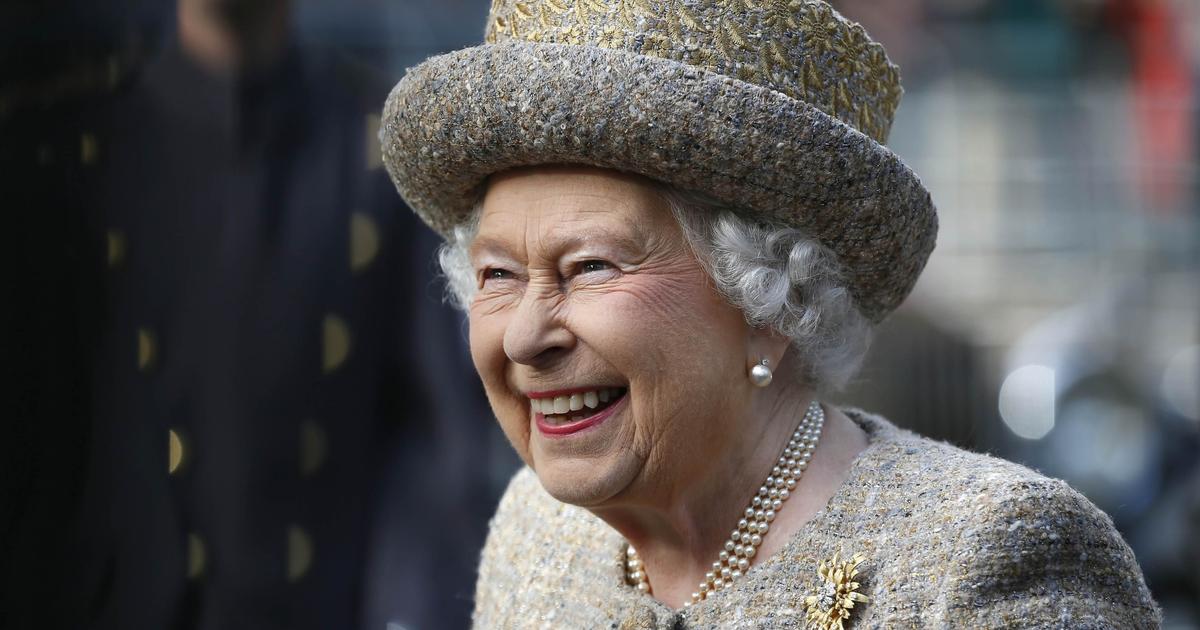SHANGHAI (Reuters) - China is stepping up scrutiny of inbound foreigners and tightening border control after the number of single-day imported coronavirus cases set a record, helping double the daily number of newly detected infections.
Workers in protective suits are seen at a registration point for passengers at an airport in Harbin, capital of Heilongjiang province bordering Russia, following the spread of the novel coronavirus disease (COVID-19) continues in the country, China April 11, 2020. REUTERS/Huizhong Wu
New confirmed cases in mainland China reached 99 on April 11 from 46 the previous day, with all but two involving travelers from abroad. In commercial hub Shanghai, 51 Chinese nationals flying in on the same flight from Russia tested positive.
“The risk of imported cases has increased dramatically,” Wen Guohui, mayor of Guangzhou, an economic hub in Southern China, told a news conference on Sunday.
Guangzhou is enforcing anti-virus measures on anyone who enters the city from across the national border, regardless of nationality, race or gender, foreign affairs official Liu Baochun said at the same event.
“We hope foreigners can strictly abide by anti-virus rules as Chinese do,” he said.
In the northeastern province of Heilongjiang, which reported 21 new, Russia-imported cases on April 11, the local government said its Suifenhe border with Russia will remain closed after April 13. The border was temporarily closed on April 9 to contain the epidemic, and was scheduled to open next week.
Even Wuhan, the first virus epicenter which this month emerged from lockdown after containing the virus, is vulnerable to imported infection, China’s senior medical advisor Zhong Nanshan said.
“At the moment, the epidemic is still spreading rapidly overseas, so China’s coastal, major cities with close international contact are highly vulnerable, and could see the epidemic come back again,” Zhong told the official People’s Daily newspaper in an interview published on Sunday.
Zhong cautioned with the world’s virus epicenter shifting from Europe to the United States, it is too early to judge whether the pandemic’s peak is imminent.
“It’s not yet time to take off masks,” he said, adding China’s enforcement of anti-virus measures offers experience to other countries seeking to contain the disease.
IMPORTED FROM RUSSIA
Mainland China reported 99 new coronavirus cases on April 11, more than doubling from the previous day to reach a one-month high, showed data from China’s National Health Commission. Just two out of the 99 cases were locally transmitted.
Shanghai contributed more than half of the imported cases. Of the city’s new cases, 51 flew in on the same flight from Russia on April 10. The 52nd case involved a Chinese national arriving from a trip to Canada.
Shanghai authorities have quarantined 92 other passengers who were in close contact with the infected, the city’s health commission said on Sunday.
The 21 imported cases confirmed on April 11 in China’s Heilongjiang province all involved Chinese nationals traveling from Russia.
To help Russia combat the virus, a group of Chinese medical experts arrived in Moscow on Saturday along with a batch of anti-virus equipment, the official Xinhua News Agency reported on Sunday.
In addition, highlighting another major source of risk, newly reported asymptomatic coronavirus cases nearly doubled to 63 on April 11, from 34 the previous day.
The country’s tally of infections now stands at 82,052, with 3,339 deaths.
MISTREATMENT
In an apparent response to criticism of mistreatment of foreigners, officials in Guangzhou said it treats foreigners and Chinese nationals equally in enforcing anti-virus measures.
Several African countries have demanded that China tackle concerns that Africans in Guangzhou are being mistreated and harassed amid fear the virus could spread from imported cases.
“The anti-virus curbs apply to all Chinese citizens and foreigners, with no discrimination in enforcement”, Cai Wei, an officer of the city’s public security bureau, told a news conference.
He said foreigners and nationals alike must abide by rules or else face punishment.
Last week, Guangzhou’s U.S. consulate said local government officials had ordered bars and restaurants not to serve clients who appeared to be of African origin.
Those in contact with anyone from Africa faced mandatory virus tests followed by quarantine, regardless of recent travel history or previous isolation, the U.S. consulate said in a statement, advising African-Americans or those who feared being targeted to stay away.
Reporting by Samuel Shen, Winni Zhou and Brenda Goh; Editing by Leslie Adler and Christopher Cushing
https://news.google.com/__i/rss/rd/articles/CBMioAFodHRwczovL3d3dy5yZXV0ZXJzLmNvbS9hcnRpY2xlL2hlYWx0aC1jb3JvbnZpcnVzLWNoaW5hL25ldy1jb3JvbmF2aXJ1cy1jYXNlcy1kb3VibGUtdG8tOTktaW4tbWFpbmxhbmQtY2hpbmEtYXMtaW1wb3J0ZWQtaW5mZWN0aW9ucy1qdW1wLXRvLXJlY29yZC1pZElOS0NOMjFVMDE00gE0aHR0cHM6Ly9tb2JpbGUucmV1dGVycy5jb20vYXJ0aWNsZS9hbXAvaWRVU0tDTjIxVTAwVQ?oc=5
2020-04-12 08:48:44Z
CAIiELLYHRZM-hfhJDzYt6MPN7UqFggEKg0IACoGCAowt6AMMLAmMLT5lwM


